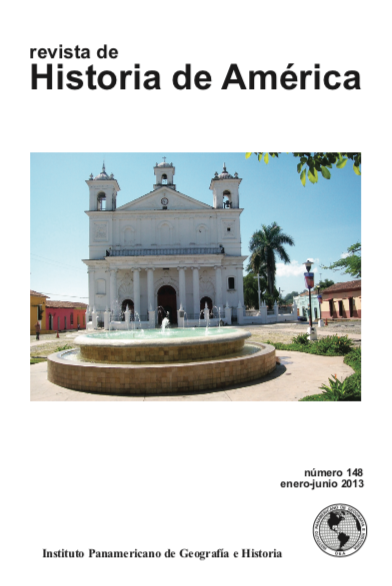La génesis institucional de la regulaciones económicas en la industria del vino en Mendoza, Argentina (1977-1980)
Main Article Content
Abstract
The political changes, after the military uprising that led to the dismissal of the constitutional government in March 24th 1976, showed the starting point of a new socio-economic stage in the history of Argentina extended its effects to the entire country’s regional economies. Fordism, as amended peripheral import substitution industrialization (ISI), which had governed Argentina for over 30 years, gives way to a new pattern of accumulation.
The immediate consequence was that the financial fraction of capital, supported by a favorable international context, managed to locate and establish itself as the dominant sector of hegemonic economic blocn, displacing the centrality of the bourgeoisie production and its alliance with worn. This change in the balance of power within the ruling bloc, made available to the new winners, the strength of the state apparatus to sudden destruction of all resistance organizations of worners and the emergence of a new institutional frameworn for the development and standardization of what later was to establish itself as a new regime of accumulation.
Downloads
Article Details
-
Abstract710
-
PDF (Español)521

